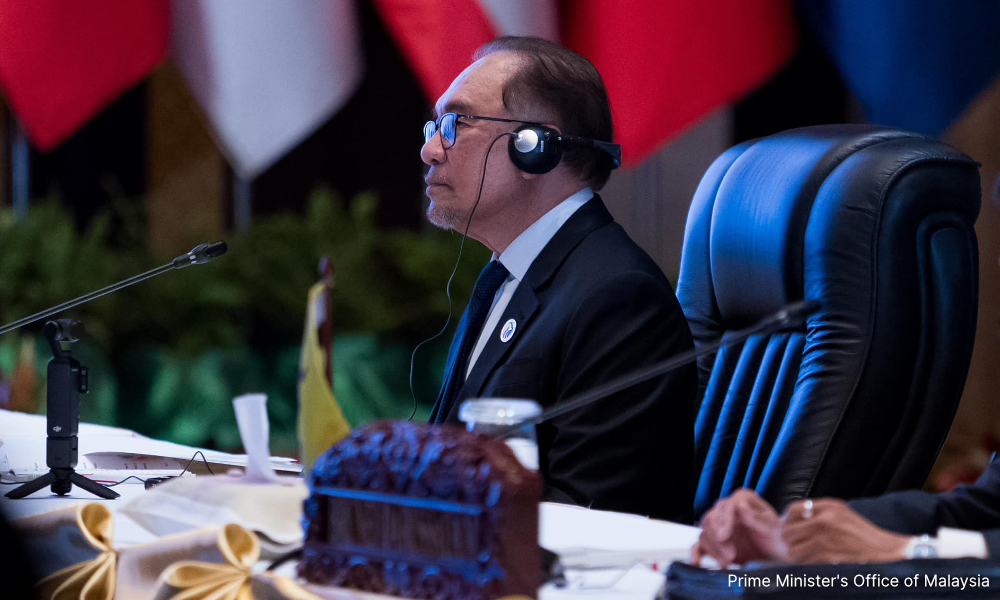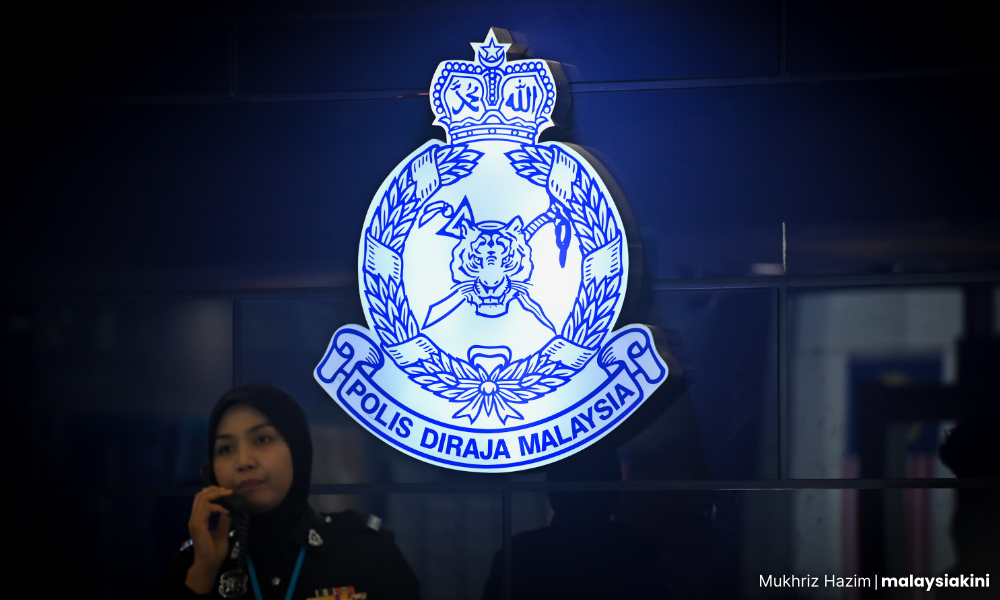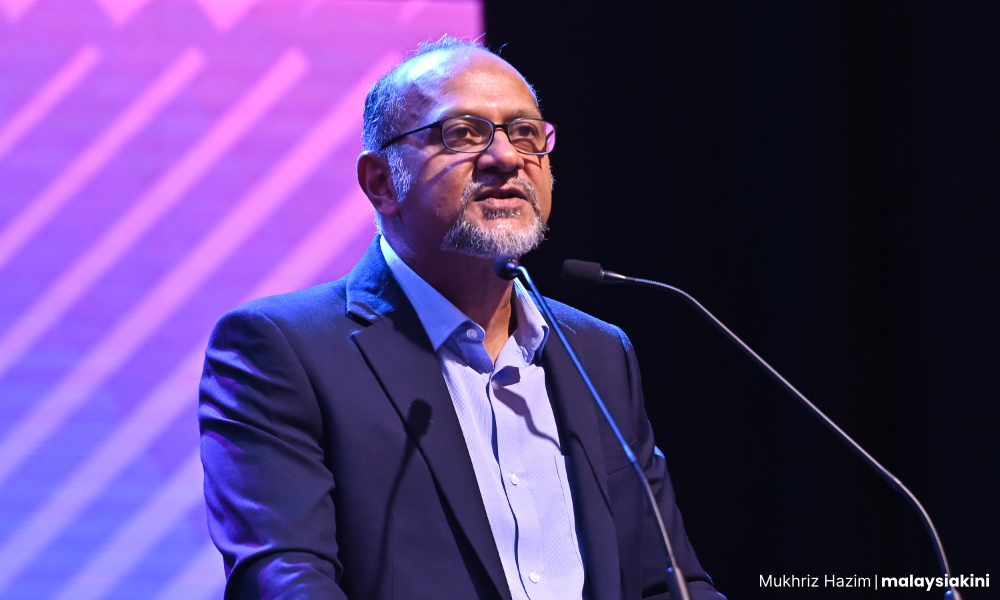“Apa cerita? (What’s up?) Can I advise you on something? I don’t like this. Darling, you are the prime minister. You lead.”
An excerpt from the transcript of a telephone conversation released by the MACC, supposedly between former prime minister Najib Abdul Razak and his wife Rosmah Mansor on July 27, 2016, over the former’s approach to the 1MDB scandal when news of it first broke.
Since it was made public, this advice has been the most talked about and featured prominently in Rosmah’s corruption trial.
But what about similar advice and opinions from lesser minions like journalists or ordinary citizens?
Over the years, I have made suggestions, advised, and even criticised heads of departments, ministers, and even the prime minister.
Some were embarrassed by their failings and responded with denials and clarifications, but most of the time, they were ignored because, over time, Malaysians tend to forget the issues.
Some still believe the “government knows best” and disregard proposals that benefit the country and its people.
Saying one thing, doing another
However, in August, Prime Minister Anwar Ibrahim said young Malaysians must have the courage to speak out on various issues such as humanity, corruption, poverty gaps, and environmental concerns, guided by strong principles and values.

But are government officials doing the opposite? Why are they acting against those who heed the PM’s call and make suggestions?
On Tuesday, Putrajaya police summoned former Umno supreme council member Isham Jalil for questioning regarding his Facebook post urging Anwar to sue Bloomberg over a report on alleged abuse of power.
Last month, Bloomberg published a report citing three unnamed sources who claimed that Anwar had ordered MACC chief commissioner Azam Baki not to investigate his former political secretary Farhash Wafa Salvador Rizal Mubarak over the latter’s purchase of shares in HeiTech Padu Bhd.
Isham claimed the report humiliated the prime minister’s institution and eroded public and investor trust in his commitment to combating corruption.
So, what was Isham’s offence? Can’t citizens advise their prime minister or the civil service?
Putrajaya district police chief Aidi Sham Mohamed told Sinar Harian that Isham's statement was recorded at the Criminal Investigation Division for an investigation under Section 500 and Section 505(b) of the Penal Code and Section 233 of the Communications and Multimedia Act 1998.

Section 504 of the Penal Code pertains to intentional insult intending to provoke a breach of peace, while Section 500 concerns criminal defamation. Section 233 of the Communications and Multimedia Act 1998 concerns the improper use of telecommunication network facilities.
But how does advising the prime minister to take legal action constitute defamation or provoke a breach of peace?
Section 233 is all-encompassing and prohibits using network facilities to transmit communications deemed offensive or likely to cause annoyance to another person.
Is giving advice offensive, and who was annoyed and why?
Being investigated for an offence under two different statutes for just giving unsolicited advice makes it appear that the authorities are using a sledgehammer to swat a non-existent fly!
Forgotten reform promises
So, what happened to Anwar’s call to the young to speak out? If you can’t even propose or suggest something important, what are those who shout “we are on open government” up to? What message are the authorities trying to convey?
Are we being told that the government does not want to be told how it should govern? Or is this the forebearer of a future diktat that criticising the government is out of order?
In 2018, then communications and multimedia minister Gobind Singh Deo acknowledged the complaint that Section 233 had, in the past, been used primarily against opposition members, some of whom have been charged, particularly leaders who are now government members.

“So, what we see is a scenario whereby you have a provision which is very broad and because it is so broad, it can be easily used against almost anyone.
“I think what we need to do is look at (Section) 233 and discuss how we can tighten these provisions, to ensure there is no political persecution, to ensure there is no abuse, to ensure that there is fairness and to ensure that ultimately what we have is, to see the objective of that provision carried out, which is to regulate multimedia fairly,” he said.
So, what has been happening in the intervening years? Nothing. Zero. Zilch.
Statistics provided by Deputy Communications and Digital Minister Teo Nie Ching in Parliament last November make for good reading.
Between January 2018 and Nov 15, 2023, 65 charges were filed under Section 233 out of 876 cases investigated.
According to Teo, investigations under the Act could be conducted by the police or the Malaysian Communications and Multimedia Commission (MCMC).
The parties that promised reform and to revise draconian laws went silent when elected, and the provision continues to be used.
Despite all the hoopla of arrest and questioning, a politician posting a photograph with a samurai sword walks around free because he is on the “right” side.
Still, a politician on the opposite side gets pulled up for offering advice. How ironic! - Mkini
R NADESWARAN is a veteran journalist who writes on bread-and-butter issues. Comments: citizen.nades22@gmail.com
The views expressed here are those of the author/contributor and do not necessarily represent the views of MMKtT.




No comments:
Post a Comment
Note: Only a member of this blog may post a comment.